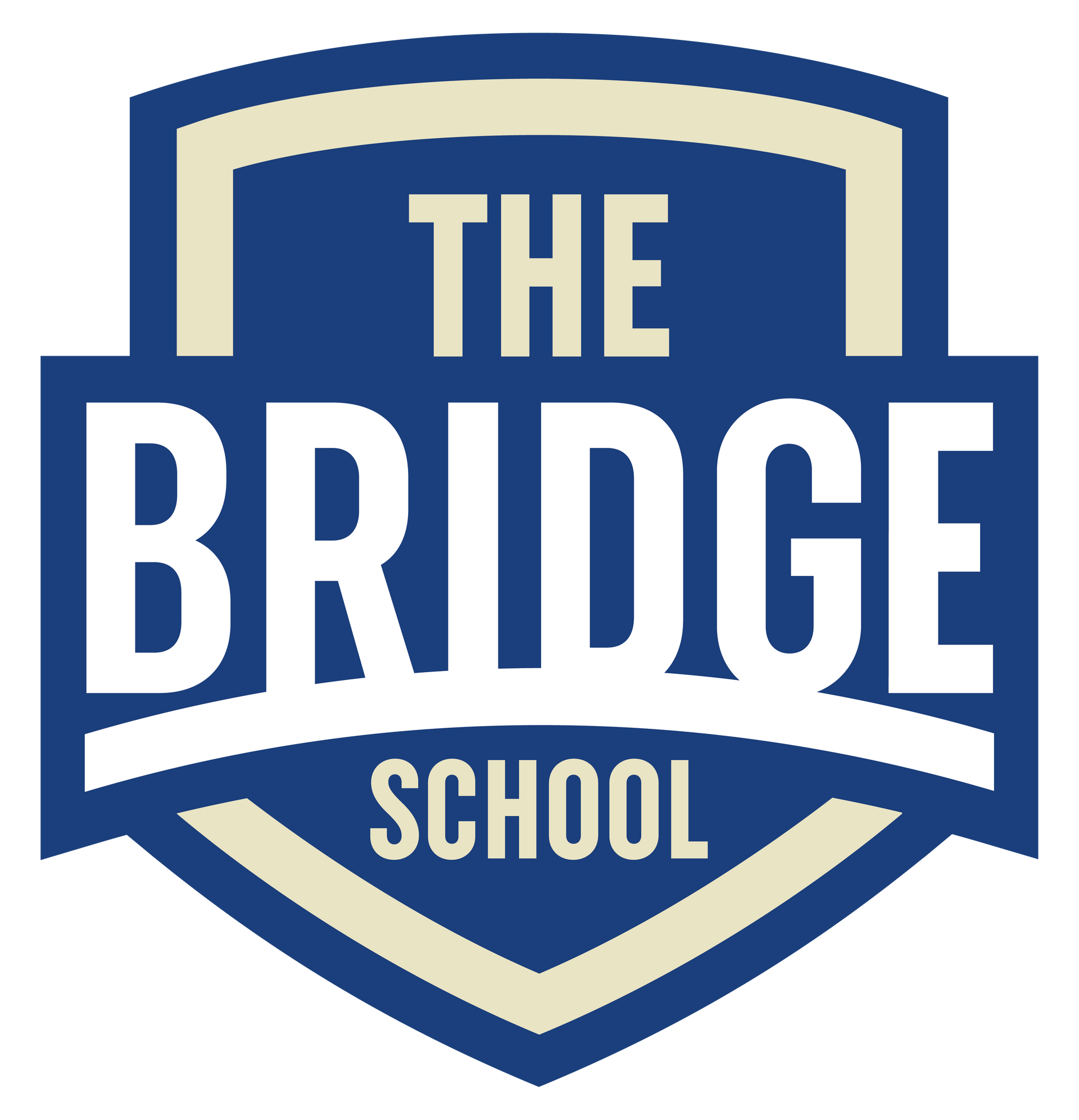
Dyslexia
Dyslexia
Dyslexia is a specific learning difficulty that primarily affects the development of accurate and fluent word reading and spelling skills. Its key characteristics include difficulties with phonological awareness, verbal memory, and verbal processing speed. Importantly, dyslexia occurs across the full range of intellectual abilities.
According to Rose (2009), individuals with dyslexia may also experience co-occurring difficulties in areas such as language, motor coordination, mental calculation, concentration, and organisation. It is estimated that dyslexia affects approximately 10% of the global population, making it the most common Specific Learning Difficulty (SpLD) encountered in classrooms.
Dyslexia can pose challenges in reading, writing, and retaining information across various subjects. However, it does not reflect a lack of intelligence. Rather, it represents a different way in which the brain processes and retrieves information. These differences often cultivate strengths in creativity, resilience, and resourcefulness, allowing individuals with dyslexia to become innovative and adaptive thinkers.
Strengths of a Child with Dyslexia
1.Big-Picture Thinking
- Dyslexic learners often excel at seeing patterns, concepts, and ideas as a whole rather than getting lost in the details.
2.Strong Visual-Spatial Skills
- They may be great at visualizing objects, building with blocks or Legos, solving puzzles, or understanding spatial relationships.
3.Creative and Innovative
- Many are naturally creative, excelling in art, music, drama, design, or inventing new ideas and approaches.
4.Problem-Solving Abilities
- Their brains process information differently, often leading to out-of-the-box thinking and original solutions.
5.Empathy and Emotional Intelligence
- Because of their own challenges, they tend to be more empathetic and sensitive to others’ feelings.
6.Strong Oral Communication
- Many dyslexic children are articulate, expressive, and have strong verbal reasoning skills, especially in storytelling or debating.
7.Resilience and Determination
- Facing difficulties builds perseverance and the ability to bounce back—essential life skills.
8.Leadership Qualities
- Their strong interpersonal skills, creativity, and resilience often lead them to take on leadership roles in group settings.
9.Holistic and Strategic Thinking
- They are often able to make connections across subjects or ideas and can think strategically in games or real-life situations.


